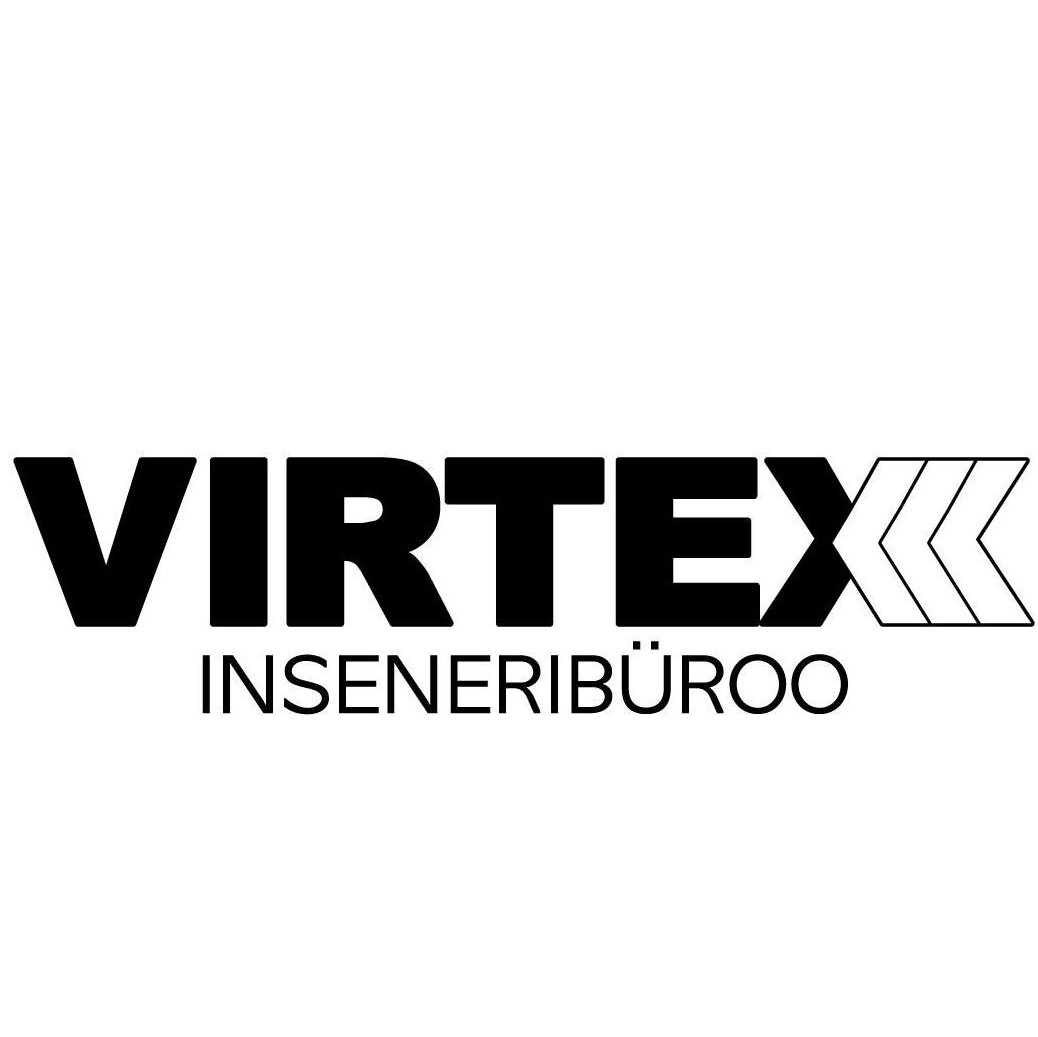Navigating international standards in engineering
International standards are crucial in the field of engineering, providing a common language and a set of expectations that facilitate global trade, ensure quality, and promote safety. These standards are developed by international bodies and are adopted by various industries to harmonize technical specifications of products and services making them more efficient and effective.
International standards bring uniformity to engineering practices, ensuring that materials, products, processes, and services are fit for their purpose. They help in reducing trade barriers and fostering innovation, while also addressing concerns such as environmental impact and consumer protection.
Organizations like the International Organization for Standardization (ISO), the International Electrotechnical Commission (IEC), and ASTM International are among the most recognized bodies that develop international standards. Each organization focuses on different areas of standardization, impacting a wide range of industries including construction, energy, and manufacturing.
Understanding the Impact of International Standards on Engineering Projects
Adherence to international standards during the design and planning phase of engineering projects ensures compatibility and safety. Standards guide the selection of materials, design practices, and assessment of environmental impact, laying the groundwork for successful project execution.
During construction, international standards provide guidelines for construction practices, quality control, and safety measures. They are instrumental in achieving regulatory compliance and in the certification of engineering work.
For the operation and maintenance of facilities, international standards outline best practices for efficiency, reliability, and safety. They play a key role in the longevity and sustainability of engineering projects.
Key International Standards in Engineering and Their Applications
ISO standards cover various aspects of quality, safety, and efficiency in engineering. ISO 9001 for quality management systems is widely adopted to ensure that organizations meet the needs of customers and other stakeholders.
The IEC focuses on standards for electrical, electronic, and related technologies. Standards such as IEC 61508, which addresses the functional safety of electrical/electronic/programmable electronic safety-related systems, are critical in ensuring safety and reliability.
ASTM International standards are used globally in the development of high-quality materials and products. They play a significant role in enhancing performance and ensuring quality in construction and manufacturing processes.
Challenges and Best Practices for Compliance
Engineering firms must stay informed about the latest developments in international standards to maintain compliance. This involves regular monitoring of updates and revisions to standards that affect their operations.
Effective integration of international standards into project management ensures that all aspects of engineering work are compliant from the outset. This requires a strategic approach and the use of specialized software and tools.
Continuous training and development are essential for engineering teams to understand and implement international standards. This includes regular workshops, seminars, and on-the-job training to keep staff up-to-date.
How VIRTEX OÜ Can Assist in Navigating International Standards
VIRTEX OÜ provides expert consultation services to help organizations understand and apply international standards in their engineering projects. Our team of specialists is equipped with the knowledge and experience to guide you through the complexities of standardization.
We offer customized solutions that are tailored to the unique needs of your projects, ensuring that you not only comply with international standards but also benefit from the value they add to your operations.
Our commitment to your success includes continuous support and updates on the latest international standards, helping you stay ahead in a competitive and ever-evolving industry.






Comments (0)